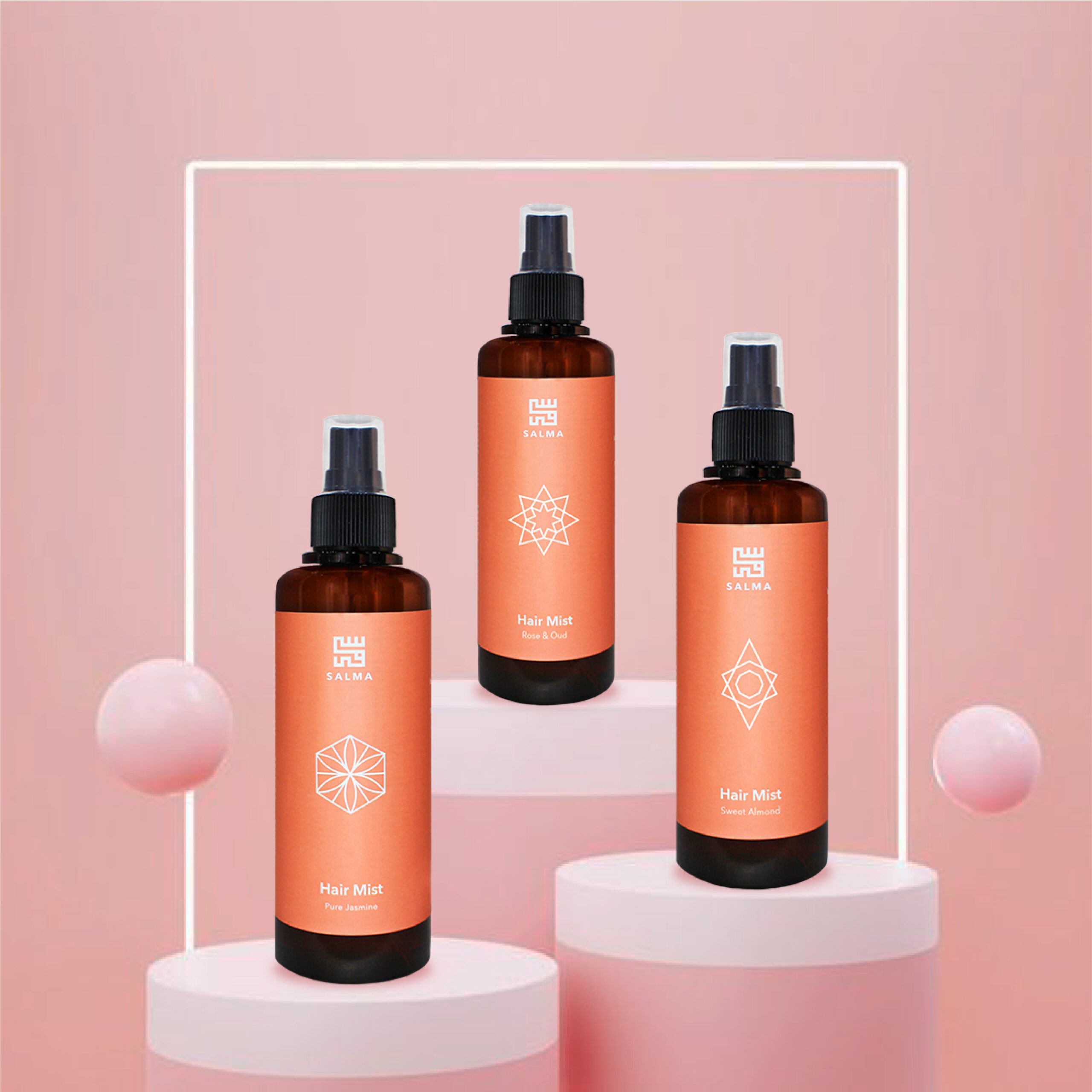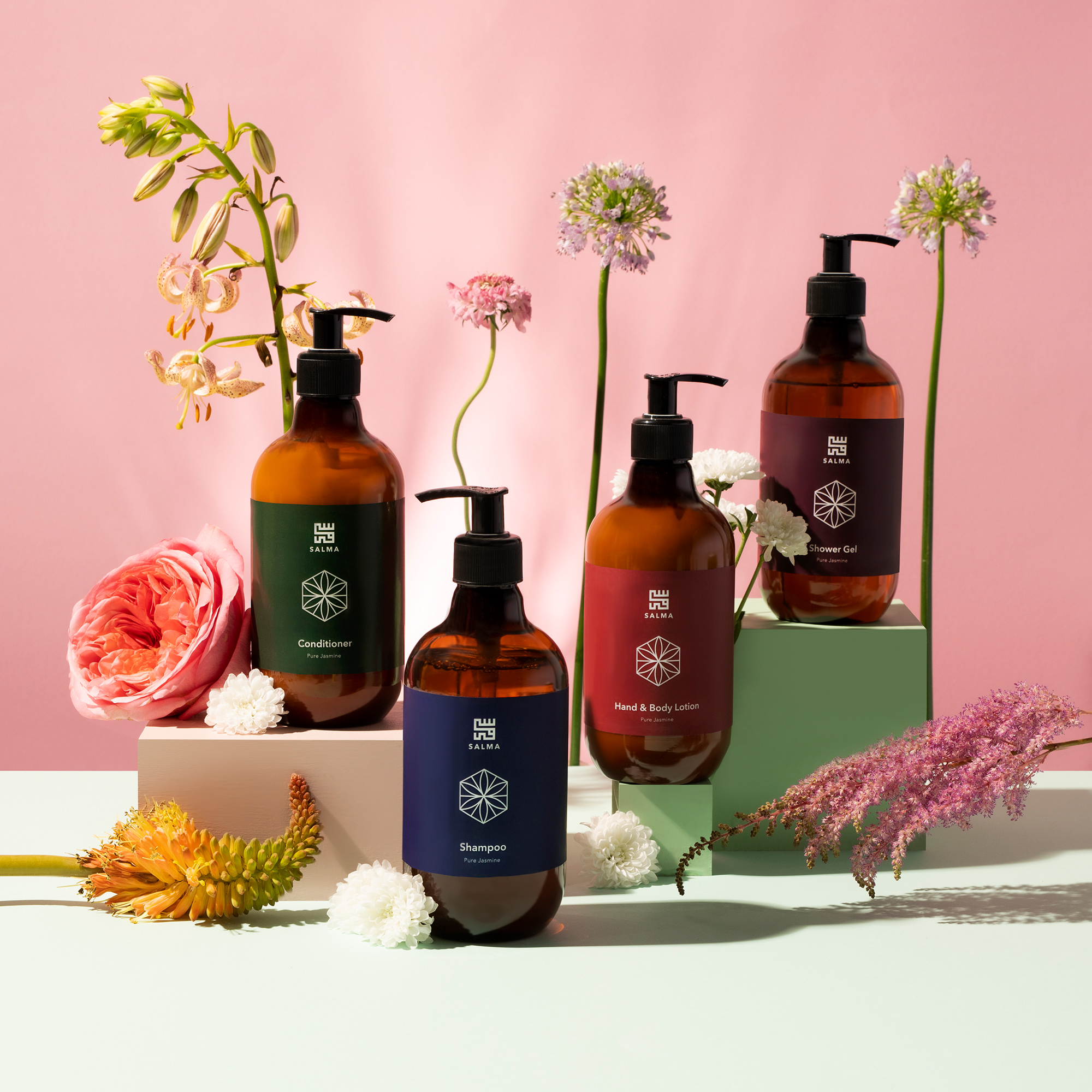Blog
Natural vs. Organic Skincare: What’s the Difference and What Should You Use?

With the rise of clean beauty, the terms “natural” and “organic” are often used interchangeably, but they mean very different things. Understanding the distinction can help you make better choices for your skin and your values.
What is Natural Skincare?
Natural skincare products contain ingredients derived from nature—plants, minerals, or animal byproducts. However, "natural" is not a regulated term, so even products with a small percentage of natural ingredients can be labeled as such.
- Examples: Aloe Vera, Coconut Oil, Clay, Beeswax
- Caution: Natural doesn't always mean non-irritating. Poison ivy is natural, but not skin-safe!
What is Organic Skincare?
Organic products contain ingredients grown without synthetic pesticides, herbicides, or genetically modified organisms (GMOs). These products often carry certifications from organizations like USDA Organic or COSMOS.
- Examples: Organic Jojoba Oil, Organic Rosehip Seed Oil
- Organic is especially ideal for sensitive skin or those concerned about toxins and sustainability.
Which is Better?
That depends on your goals:
Choose Natural if you're looking for simpler formulations.
Choose Organic if you're concerned about ingredient purity, environmental impact, or hormonal health.
FAQ:
Q: Are organic products always better for sensitive skin?
A: Not always—sensitivity depends on your skin’s reaction. Organic essential oils can still irritate some people.
Q: How can I tell if something is truly organic?
A: Look for third-party certifications or ingredients labeled as “certified organic.”









